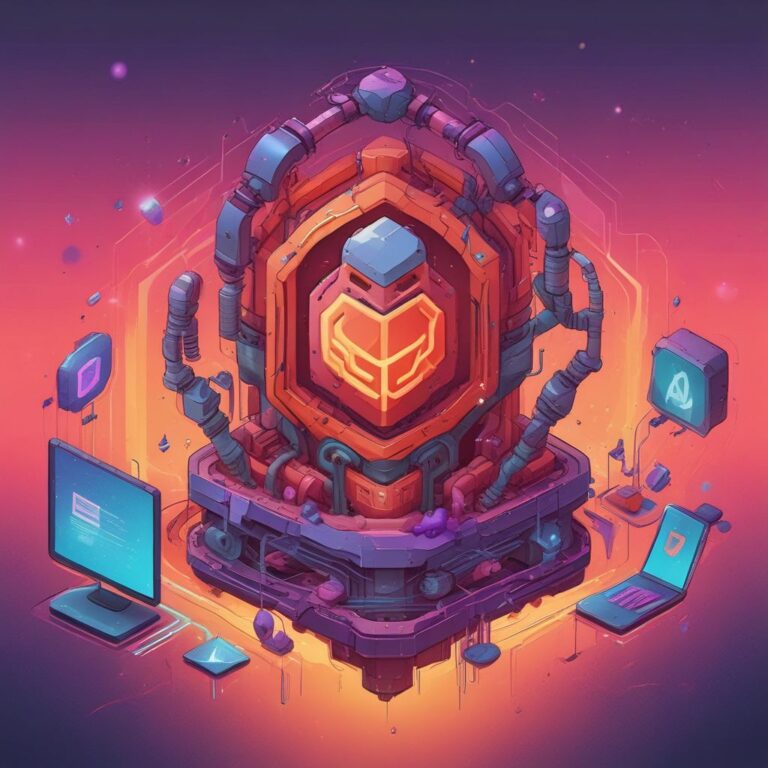
The Rise of Open Source in AI Ethics
Open source communities have emerged as critical players in shaping the ethical landscape of artificial intelligence. Unlike proprietary systems, which often operate behind closed doors, open source projects prioritize transparency, allowing developers and researchers worldwide to scrutinize, modify, and improve algorithms. This collaborative approach fosters a culture of accountability, ensuring that ethical considerations are embedded into the development process from the start.
By making code freely available, these communities enable peer review, which acts as a safeguard against biased or harmful AI practices. For example, projects like TensorFlow and PyTorch have integrated ethical guidelines into their documentation, encouraging users to consider fairness, privacy, and environmental impact when deploying models.
Transparency Through Collaborative Development
Transparency is a cornerstone of responsible AI, and open source projects excel in this area. By publishing their code, data sets, and decision-making processes, these communities allow for external validation and critique. This openness reduces the risk of hidden biases or unethical practices that might go unnoticed in closed environments.
Code Accessibility and Peer Review
Open source platforms provide a public forum for developers to inspect and contribute to AI models. This peer review system ensures that code is not only functional but also ethical. For instance, the Hugging Face Transformers library includes detailed documentation on model training and evaluation, enabling users to assess potential ethical risks.
- Public repositories allow for real-time auditing of AI systems.
- Contributors can propose changes to address ethical concerns.
- Transparency builds trust among users and stakeholders.
Open Data Sets for Fair Training
Many open source initiatives emphasize the use of diverse and representative data sets. Projects like Fairness Indicators provide tools to evaluate model performance across different demographics, ensuring that AI systems do not disproportionately harm marginalized groups.
By promoting open data, these communities also encourage the development of models that are less likely to perpetuate societal inequalities. For example, the OpenCV project includes data sets that are regularly updated to reflect new ethical standards and inclusivity goals.
Inclusivity in Algorithmic Design
Inclusivity is another key principle driving open source AI ethics. These communities actively seek contributions from a wide range of backgrounds, ensuring that diverse perspectives influence the design and implementation of AI systems. This diversity helps identify and mitigate biases that might be overlooked in homogenous teams.
Global Participation and Diverse Perspectives
Open source projects often have contributors from different countries, cultures, and disciplines. This global collaboration ensures that AI systems are developed with a broad understanding of societal needs and challenges. For example, the AI for Social Good initiative brings together developers, ethicists, and community leaders to create AI tools that address global issues like climate change and healthcare access.
- Contributors from underrepresented groups help identify blind spots in AI design.
- Collaborative forums facilitate discussions on ethical dilemmas.
- Open source projects often include accessibility features for users with disabilities.
Addressing Bias in AI Models
Many open source communities have developed tools to detect and reduce bias in AI models. The AIF360 toolkit by IBM, for instance, provides algorithms to audit and mitigate bias in machine learning models. Similarly, the AI Bias Detection project offers open-source code to analyze fairness in natural language processing tasks.
These tools are often accompanied by community-driven guidelines that emphasize fairness and inclusivity. By making these resources accessible, open source projects empower developers to create more equitable AI systems.
Shared Governance and Ethical Standards
Shared governance models are central to how open source communities approach AI ethics. Unlike traditional corporate structures, these projects often rely on decentralized decision-making, where contributors vote on ethical guidelines and code changes. This model ensures that no single entity has unchecked power over AI development.
Decentralized Decision-Making
Projects like Ethereum and Apache Spark have established governance frameworks that include ethical considerations. For example, Ethereum’s community-driven approach to updating its blockchain protocol includes discussions on the environmental impact of mining, reflecting a commitment to sustainability.
- Governance models prioritize consensus over



